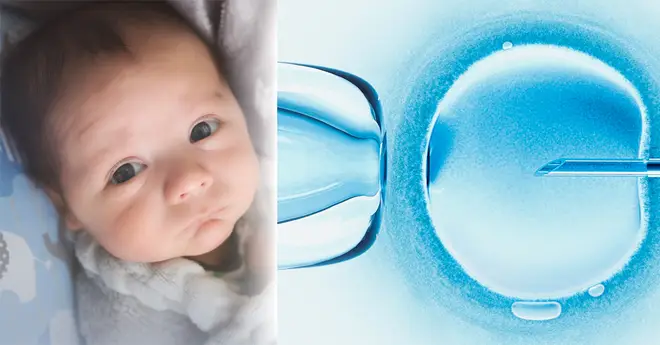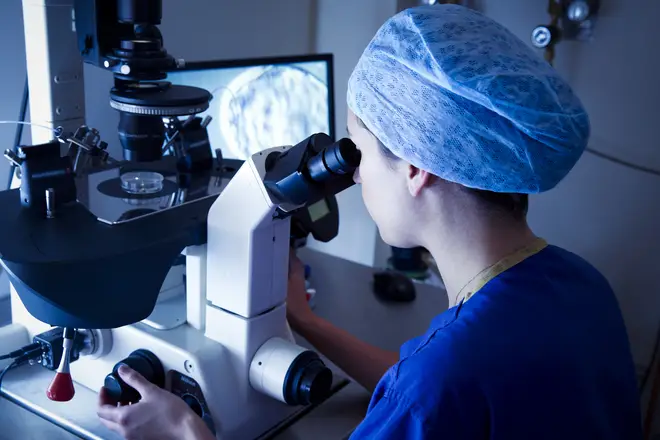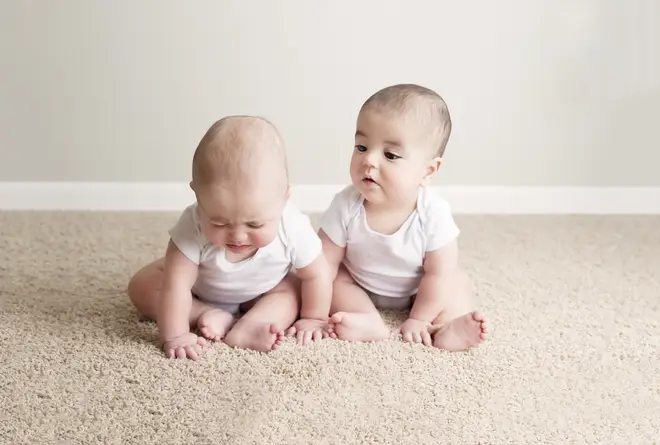On Air Now
Early Breakfast with Lindsey Russell 4am - 6:30am
20 May 2019, 11:42 | Updated: 20 May 2019, 15:30

Dr Hans Hanevik has claimed that babies born to IVF will carry 'defective genes'
A Norweigan doctor has claimed that artificial fertlisation (IVF) is changing human evolution by allowing 'disease prone' parents to pass on 'faulty genes'.
Read more: The subtle movements newborns make to let you know they're hungry
He claims that without IVF these genes would be prevented from being passed down, meaning nature would stop them being transmitted to future generations.

Dr Hans Hanevik, who is set to speak at the European Society of Human Reproduction and Embryology in Vienna at the end of the month, claims IVF is altering the natural biological course of mankind.
Read more: Mums rave over 87p bubble bath helps babies sleep through the night
He claims: "In accordance with the principle of evolution, subsequent generations will thus be genetically adapted to an environment in which reproduction is increasingly dependent on technological intervention ."
"IVF is not just a treatment for infertility, but also a technological intervention at the point in a human life cycle when natural selection process is at its strongest.
"Although it is a great medical achievement, it circumvents a range of reproductive barriers."
Read more: These are the baby names most likely to make them millionaires
However, the medical director of Midland Fertility Services Gill Lockwood has hit back at these claims, arguing that couples who are not able to conceive are not genetically flawed, but instead have 'plumming problems'.

She told the Sunday Times: "Women may have fallopian tubes blocked by appendicitis and men may have undescended testicles or have had a vasectomy.
"IVF can overcome these problems. Even if they do have gene problems is that a reason to stop them being parents?
"IVF can bring delight and joy to people who finally get a baby — and to the siblings, grandparents, aunts, uncles and so on."